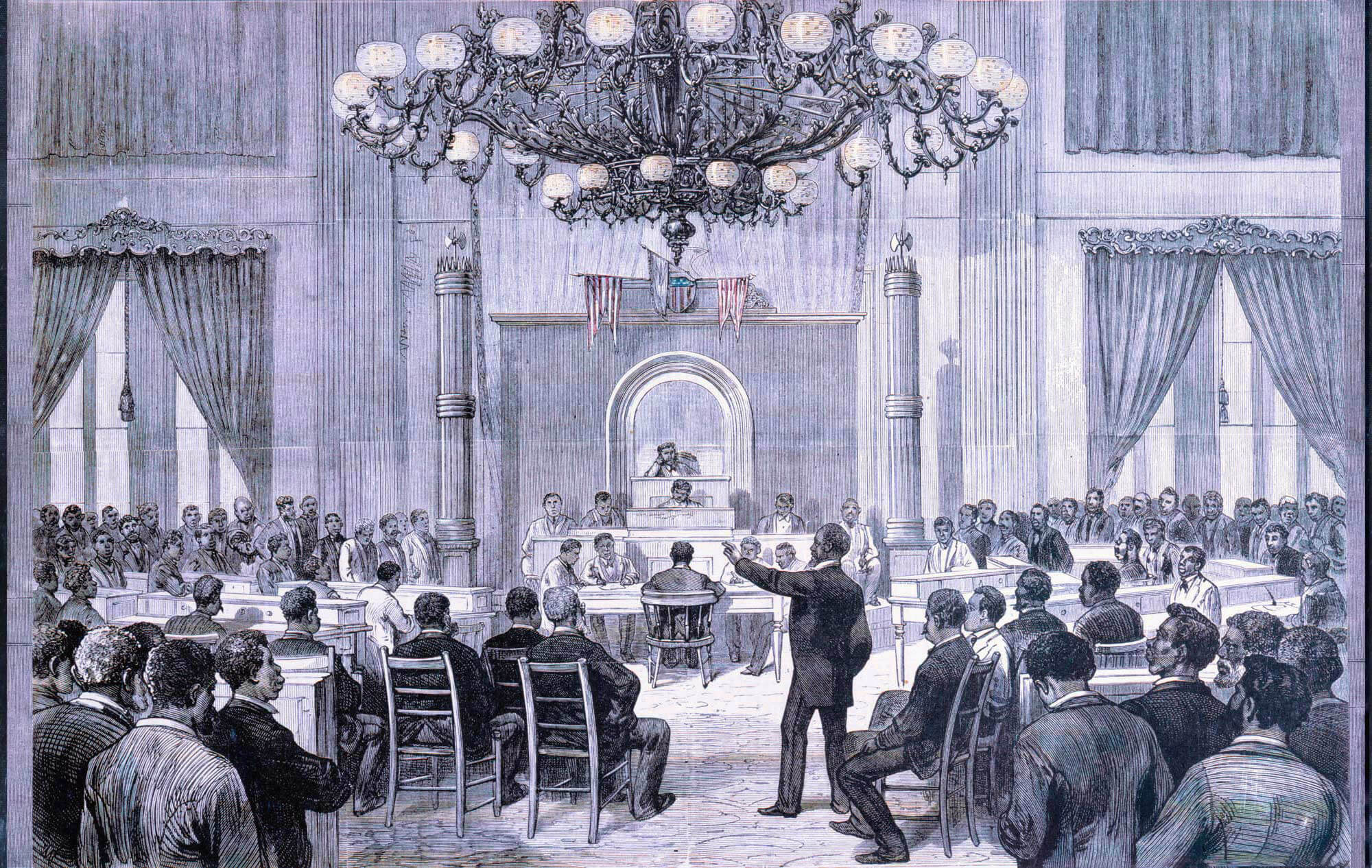

I am a historian of early America and the American West, focusing on colonialism and borderlands. My first book, Masters of the Middle Waters: Indian Nations and Colonial Ambitions Along the Mississippi (Harvard University Press, 2019), embedded intertwined Native and imperial histories in the physical landscape of Middle America, a vast region encompassing much of the central Mississippi River valley. In the centuries between the collapse of the ancient metropolis of Cahokia around A.D. 1300 and the rise of the U.S. empire in the early 1800s, power flowed through the kinship-based alliances and social networks that controlled travel and communication along the many rivers of the midcontinent. Drawing on a range of English-, French-, Spanish-, and Illinois-language sources, as well as archaeology, oral history, and environmental science, Masters of the Middle Waters emphasized the power of personal relationships and the environment to shape the course of empires and nations.
I am currently working on a history of the everyday operation of legal jurisdiction in Indian Territory (present-day Oklahoma and Kansas) from the 1820s through the 1850s. Tentatively-titled The Laws of Nations: Legal Jurisdiction and the Struggle for Sovereignty in Indian Territory, this project examines the ways that Indigenous nations, especially Cherokee Nation and Osage Nation, effected sovereignty over people and land through the assertion and exercise of jurisdiction over crimes committed within their borders. In adjudicating crimes ranging from murder to theft to bootlegging, Native nations repaired harms, defined citizenship, and exercised authority in the face of the efforts of U.S. federal and state governments to usurp and undermine Indigenous governance.
Richard H. Collins Award, Kentucky Historical Society
John Carter Brown Library Associates Fellowship, John Carter Brown Library, Brown University
Andrew W. Mellon Fellowship, Huntington Library
Society of Mayflower Descendants in the State of Illinois Fellowship, Newberry Library
Jacob M. Price Visiting Research Fellowship, William B. Clements Library, University of Michigan
“Some Say He’s Dead, Some Say He Never Will Be: Mountain Men and the Frontier Hero Myth in Jeremiah Johnson and The Revenant,” in Writing History with Lightning: Representations of Nineteenth Century America on Film, ed. John C. Inscoe and Matthew C. Hulbert (Baton Rouge: Louisiana State University Press, 2019)
“Unionism, Emancipation, and the Origins of Kentucky’s Confederate Identity,” The Register of the Kentucky Historical Society 111 (Spring 2013): 199-233.
“‘Whether It Really Be Truth or Fiction’: Colonel Reuben T. Durrett, the Filson Club, and Historical Memory in Postbellum Kentucky,” Ohio Valley History 9 (Winter 2009): 27-47.
“‘Between Two Fires’: Cassius M. Clay, Slavery, and Antislavery in the Kentucky Borderlands,” Ohio Valley History6 (Fall 2006): 50-70.